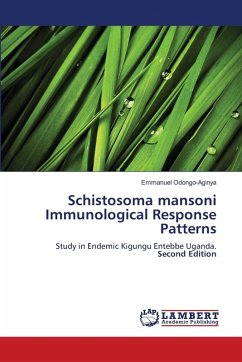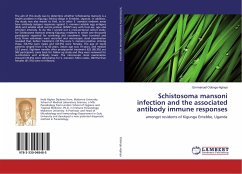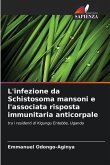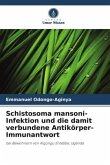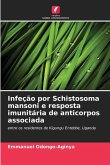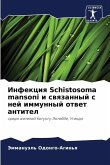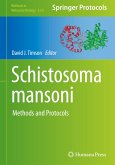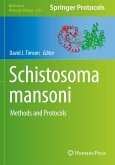This comprehensive research monograph presents ground breaking findings on immunological responses to treatment in endemic communities, with a specific focus on the Kigungu fishing village population at Entebbe Uganda. Through meticulous analysis of patient groups, including those exhibiting putative resistance and treatment-responsive cases, the study illuminates the complex dynamics of immune system changes before and after therapeutic intervention. The research examines age-correlated immunological markers, particularly anti-SWAP IgG and anti-SEA concentrations, and their significance in treatment outcomes. This work is essential reading for tropical disease specialists, immunologists, and public health practitioners, offering valuable insights into community-based treatment protocols and resistance patterns. The findings have significant implications for future treatment strategies and understanding long-term immunological changes in endemic populations, particularly informing approaches to reinfection studies and therapeutic design.
Bitte wählen Sie Ihr Anliegen aus.
Rechnungen
Retourenschein anfordern
Bestellstatus
Storno

